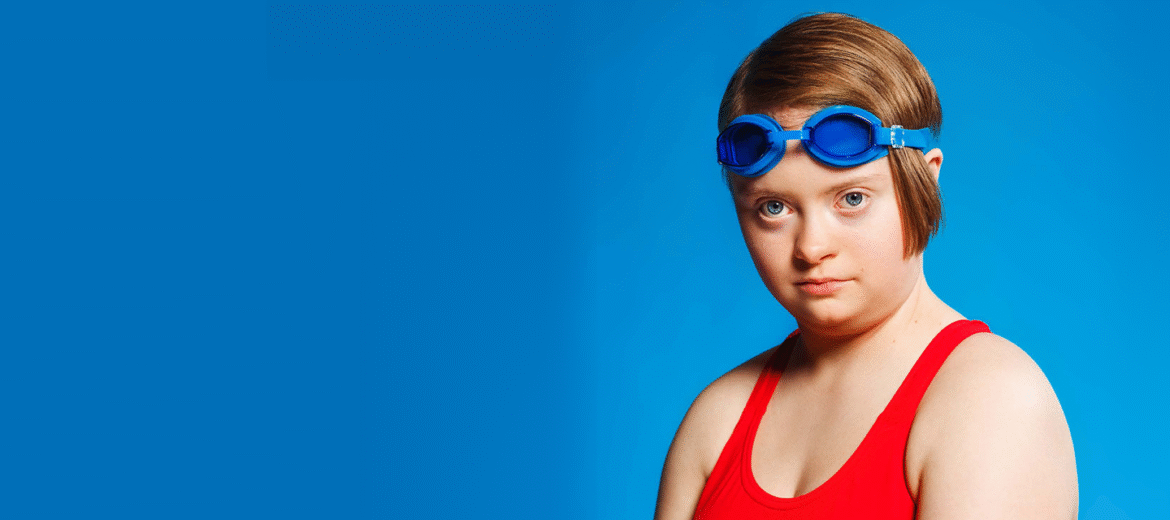“I’ve learned to exercise, to eat healthy food, to talk with my friends,” said Elena Megariti, 14 year-old student with an intellectual disability, who has been participating in the Inclusive Healthy Lifestyle Groups in Schools activities in Athens, Greece.
The Inclusive Healthy Lifestyle Groups in Schools (IHLGiS) project is an innovative initiative promoted by Special Olympics and aimed at educating students with and without intellectual disabilities (ID) on health and at encouraging the creation of an inclusive, accepting environment in and outside schools. Spanning from nutrition to mental health, and from physical activity to health literacy, this European Union-funded project improved the lives of children in Estonia, Greece, Poland and the city of Berlin (Germany) for the past three years.
“The Special Olympics Healthy Lifestyle Groups in Schools project is all about creating a healthier, more inclusive environment in schools for students with an intellectual disability and for students without a disability.”
Björn Köhler, Special Olympics Europe Eurasia Senior Director for Health.
“With the support of the European Union, through the EU4Health programme, we want to empower students to take care of their own health, as well as create a school environment that implements models that further health promotion and inclusive practices in the everyday life of the school,” continued Björn Köhler, Special Olympics Europe Eurasia Senior Director for Health.
The IHLGiS project is coordinated and led by Special Olympics Europe Eurasia and involves five key partners: Special Olympics Estonia, Special Olympics Hellas, Special Olympics Poland, Special Olympics Berlin, and the National and Kapodistrian University of Athens.
Through the past three years, Special Olympics has been implementing health activities across the respective territories of its national programmes aiming at leaving a steady legacy of inclusion and health-awareness in schools; while the National and Kapodistrian University of Athens has been responsible for collecting data and evaluating the results to assess the project’s trajectory and impact.
Launched in January 2023, the IHLGiS project set the goal of engaging over 4,000 students with and without intellectual disabilities in 100 schools across the territory. At its conclusion, the project has far exceeded the expectations: over 6,000 students have been involved in the project in more than 290 schools across four countries. More than 200 Youth Leaders with and without intellectual disabilities have been trained to advocate for healthy lifestyles among their peers, and 450 teachers have undergone specific training on how to best engage and teach students with intellectual disabilities.
“We are extremely grateful to have been part of this project, because it has changed participants lives,” commented Merli Neito, assistant to the project coordinator at Special Olympics Estonia.
After witnessing the impact of the project first-hand, Oivi Olle, mother of 8-year-old Dmitri Varno who participated in IHLGiS activities in Tallin, Estonia, confirmed, “Dmitri has become stronger, smarter and more independent through this project.”
Funded by the European Union. Views and opinions expressed are however those of the author(s) only and do not necessarily reflect those of the European Union or the European Education and Culture Executive Agency (EACEA). Neither the European Union nor EACEA can be held responsible for them.
